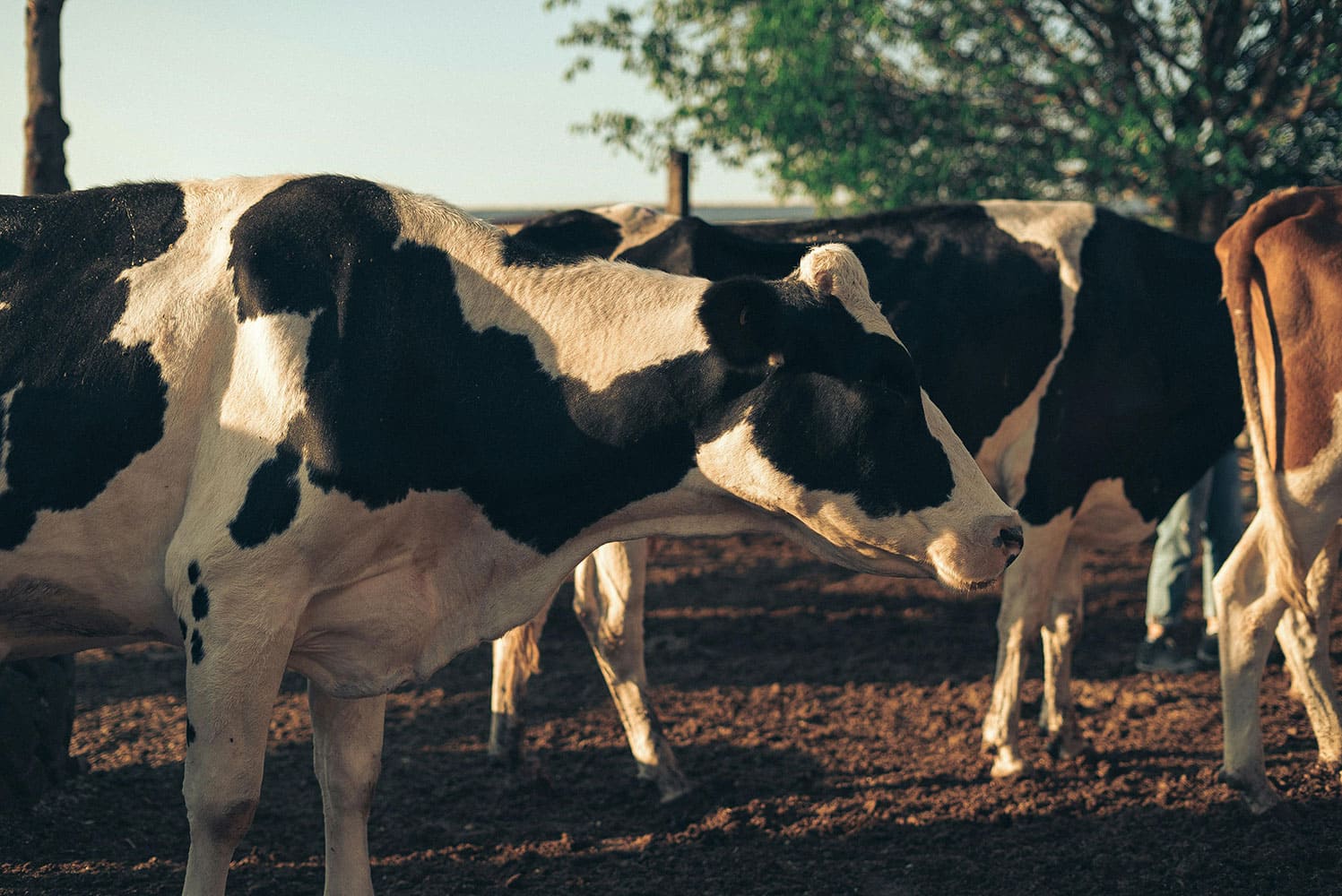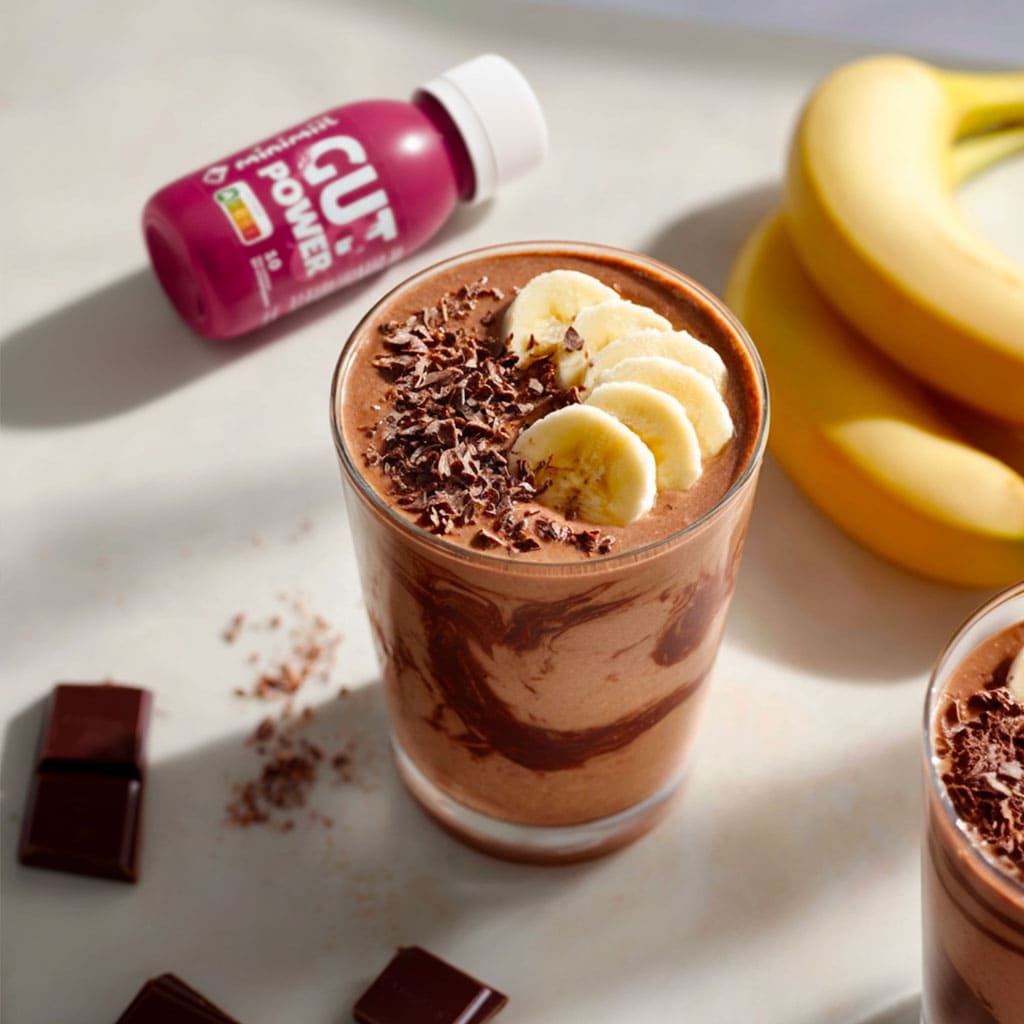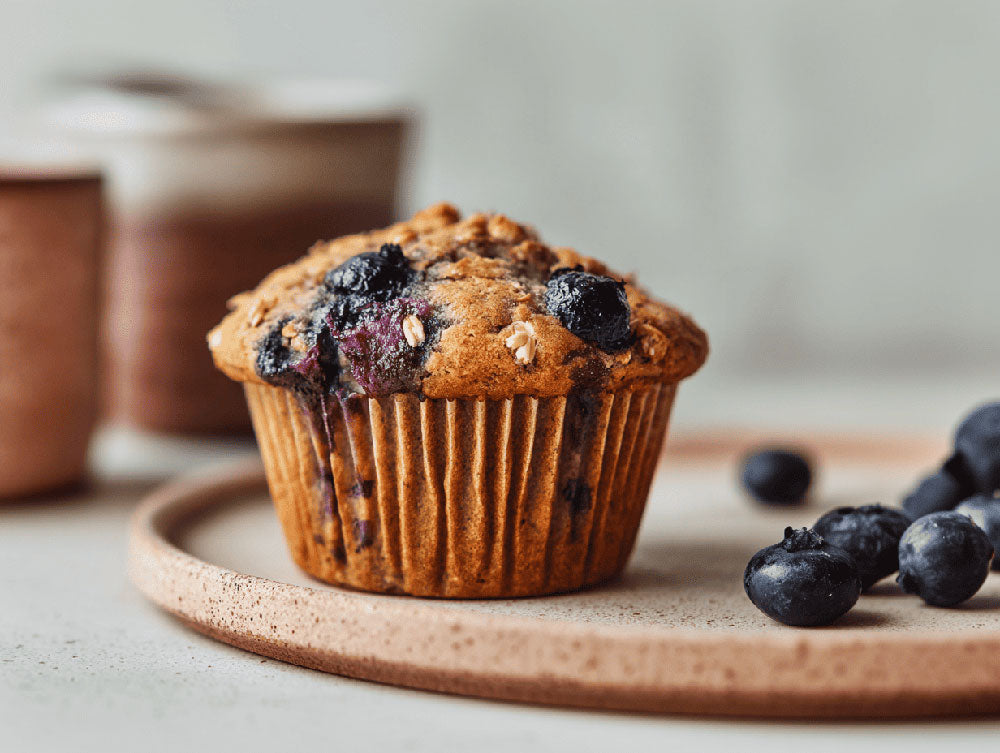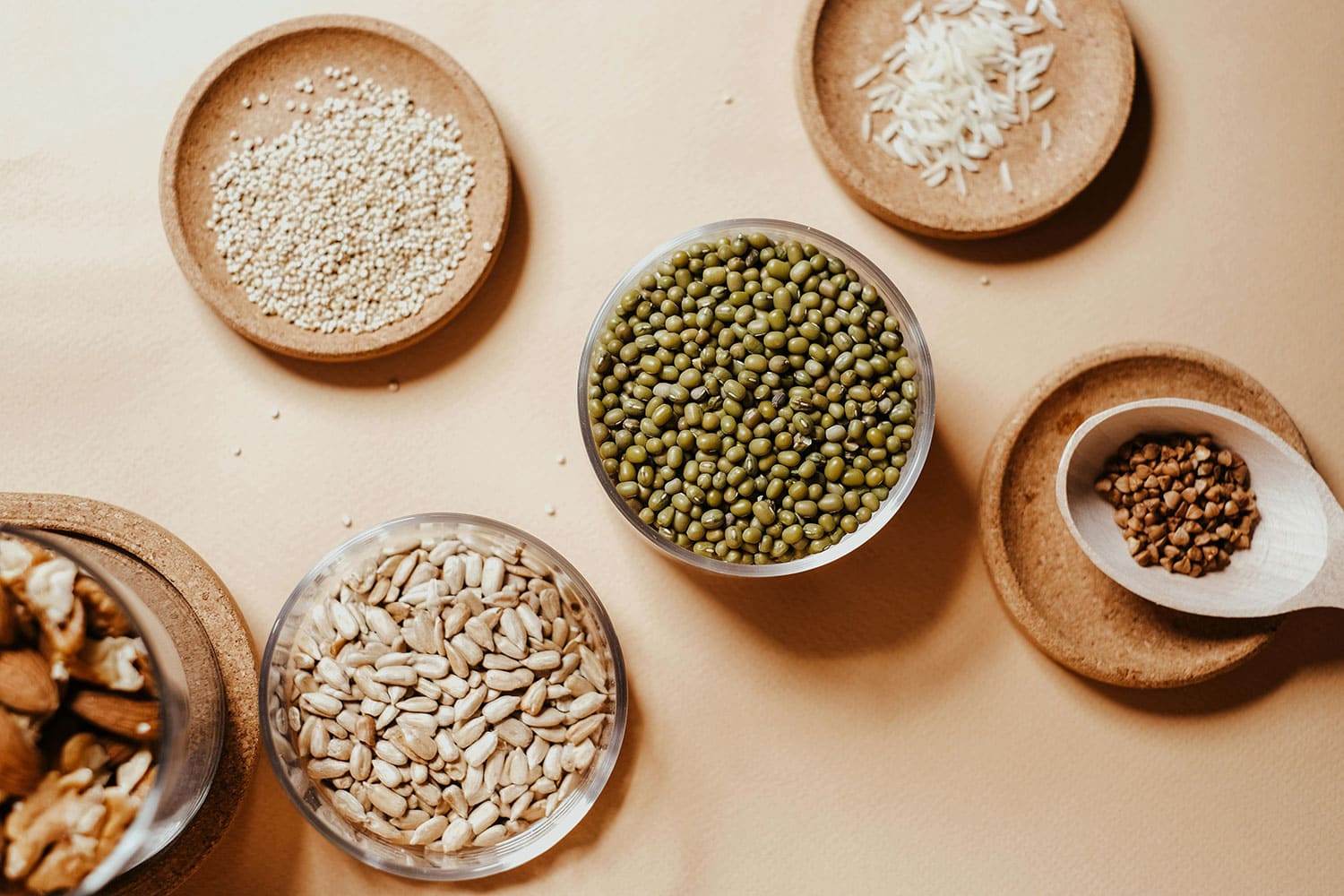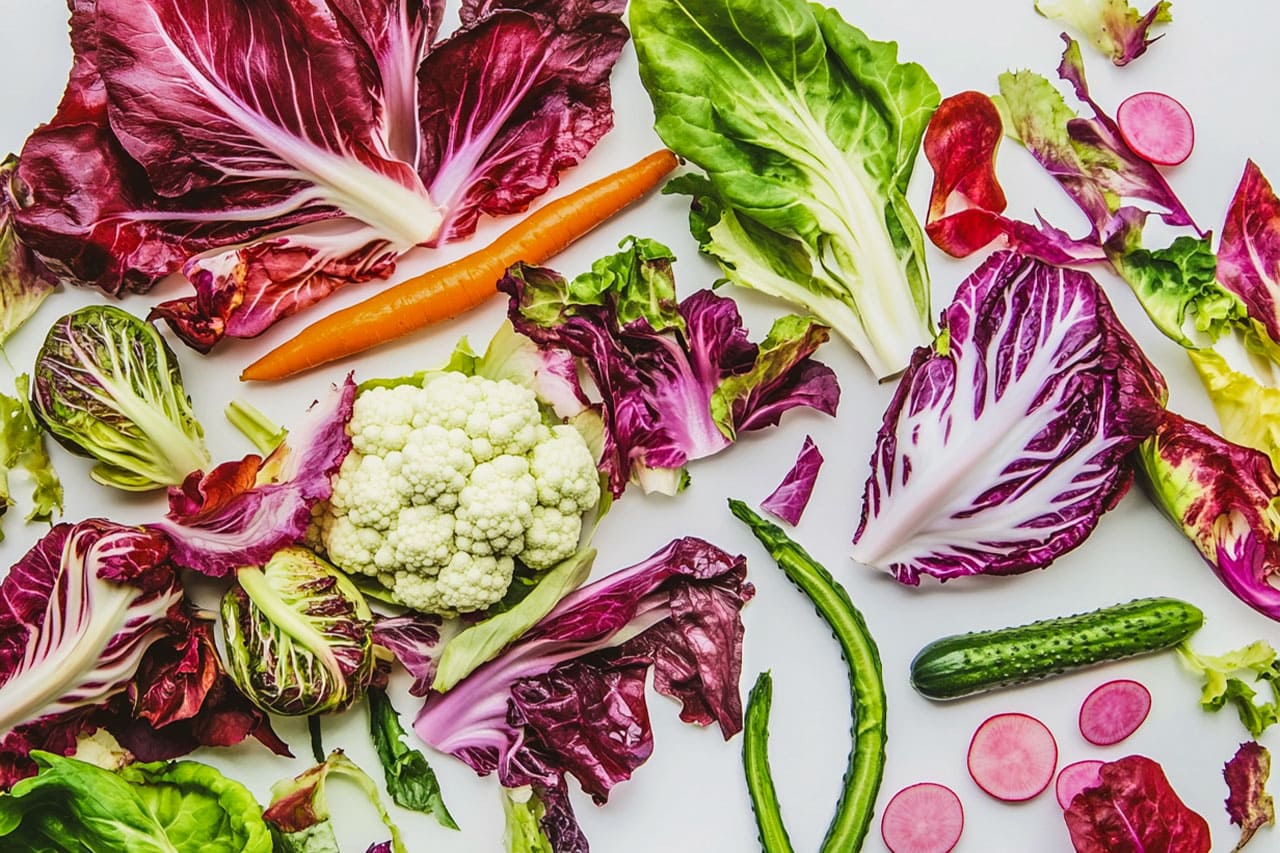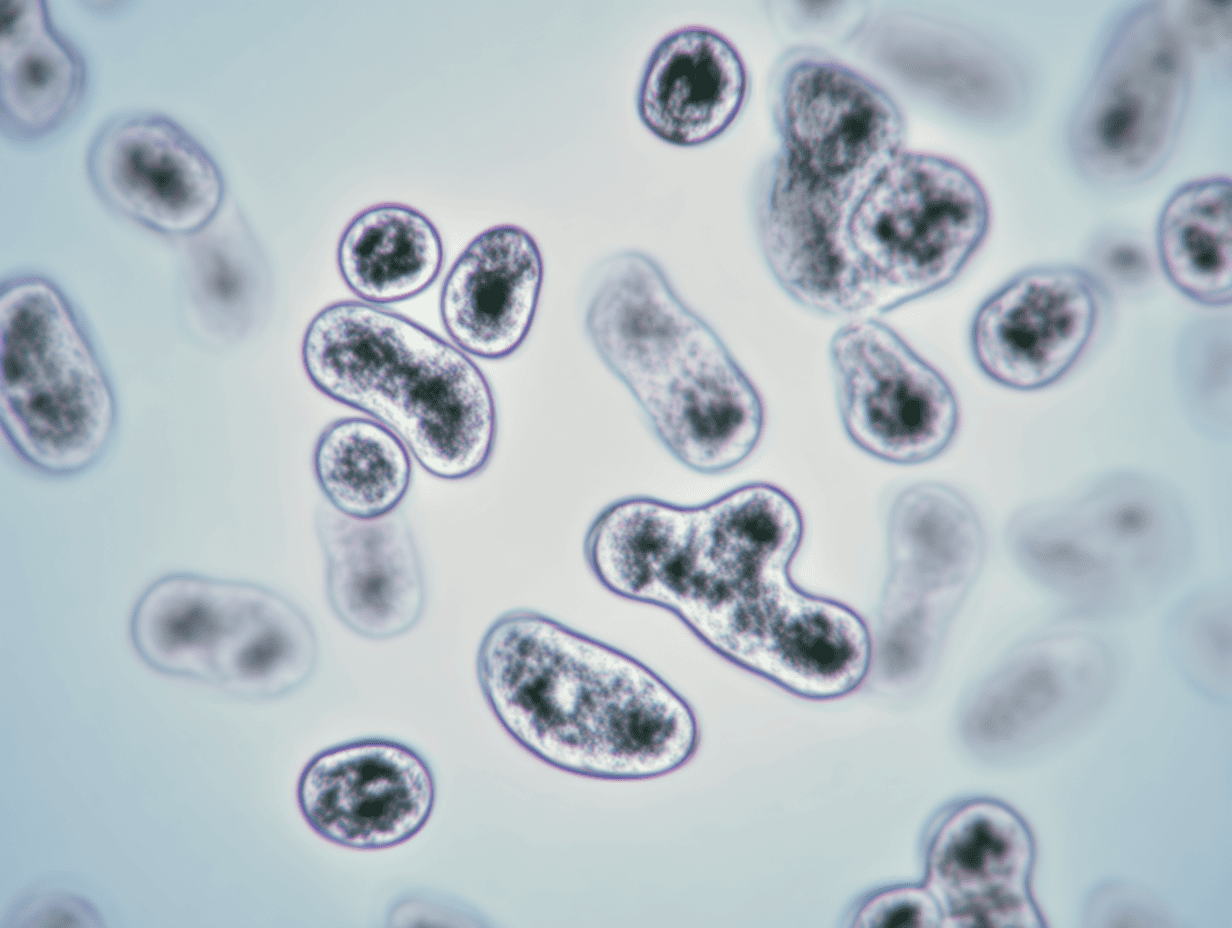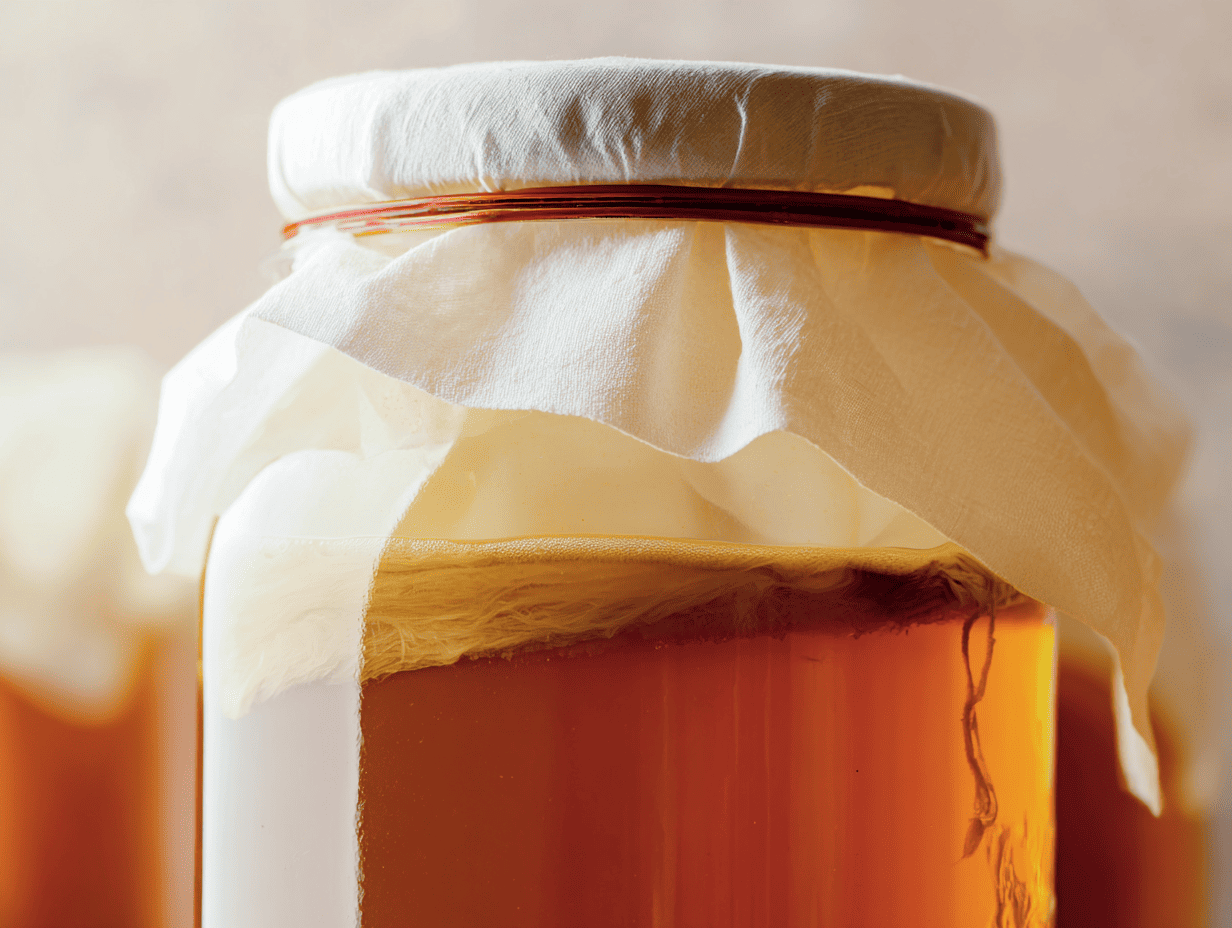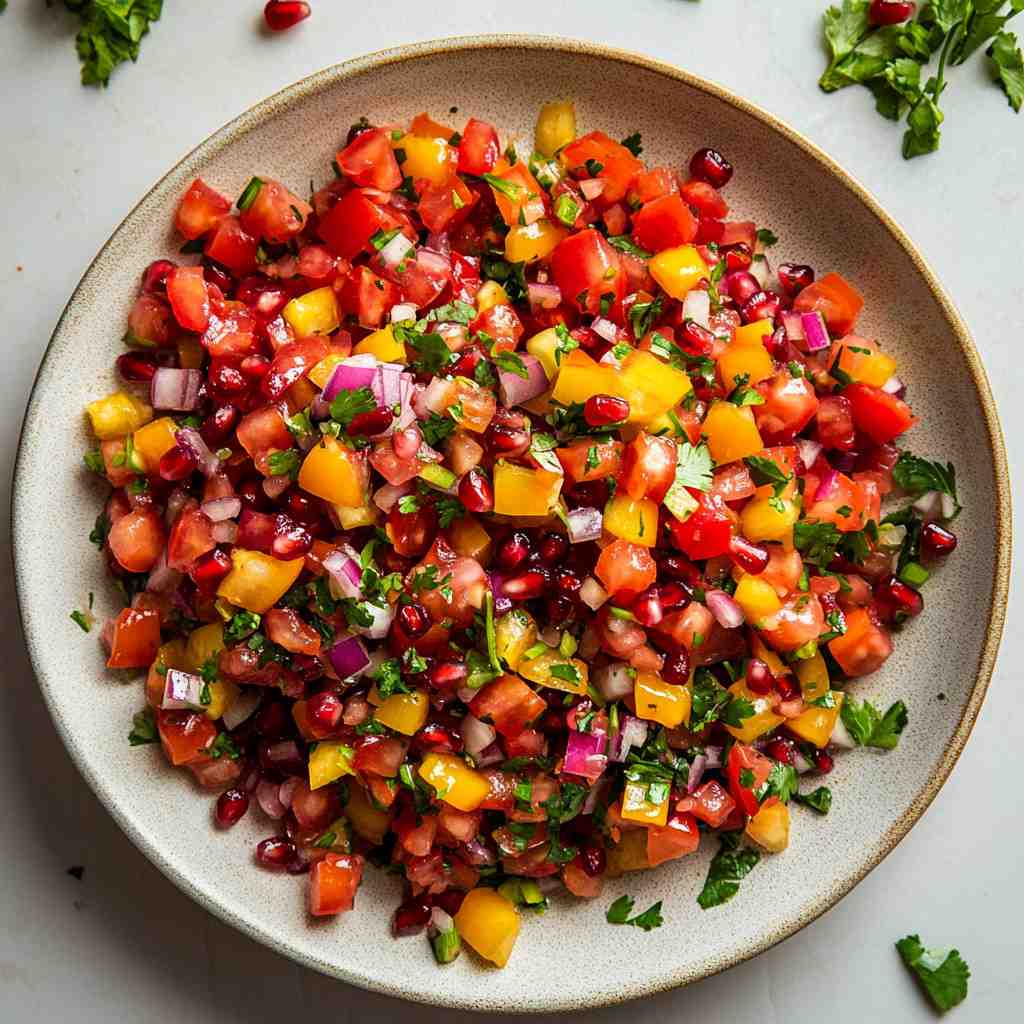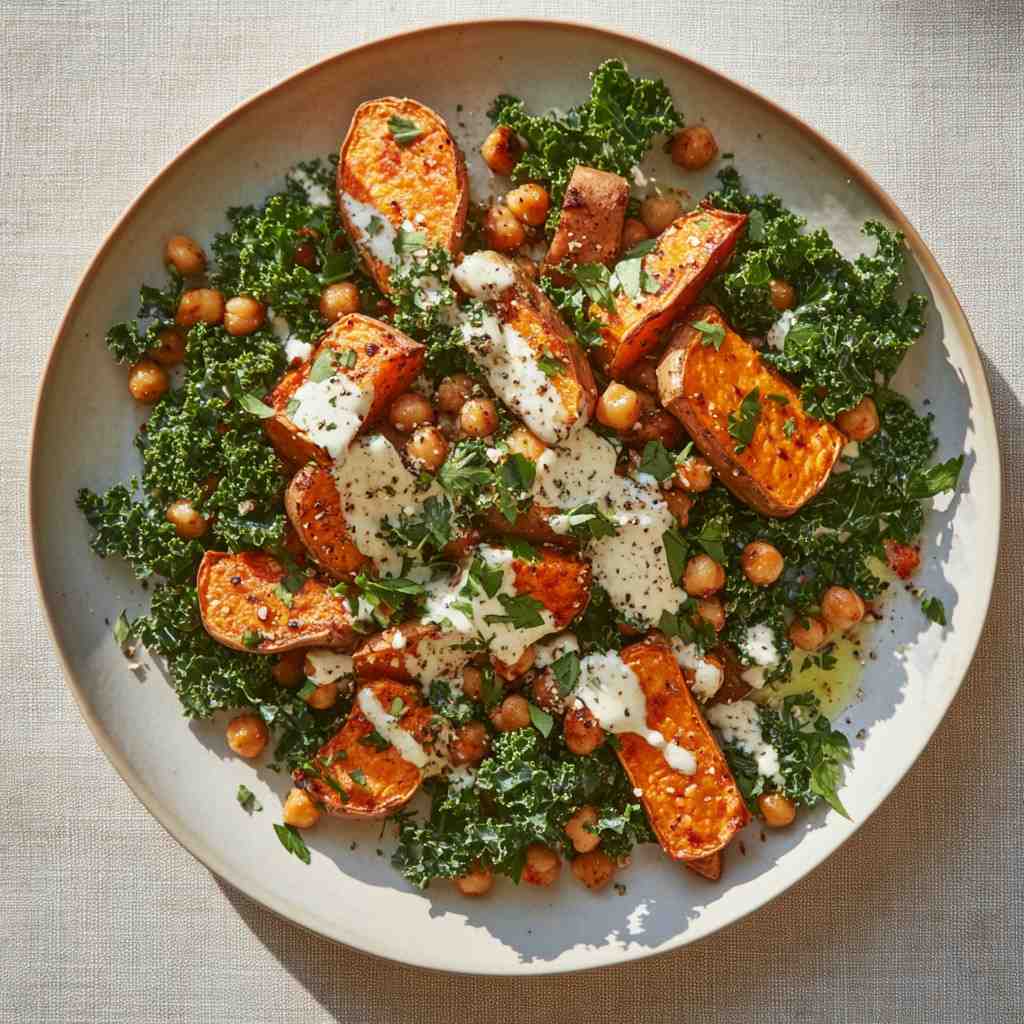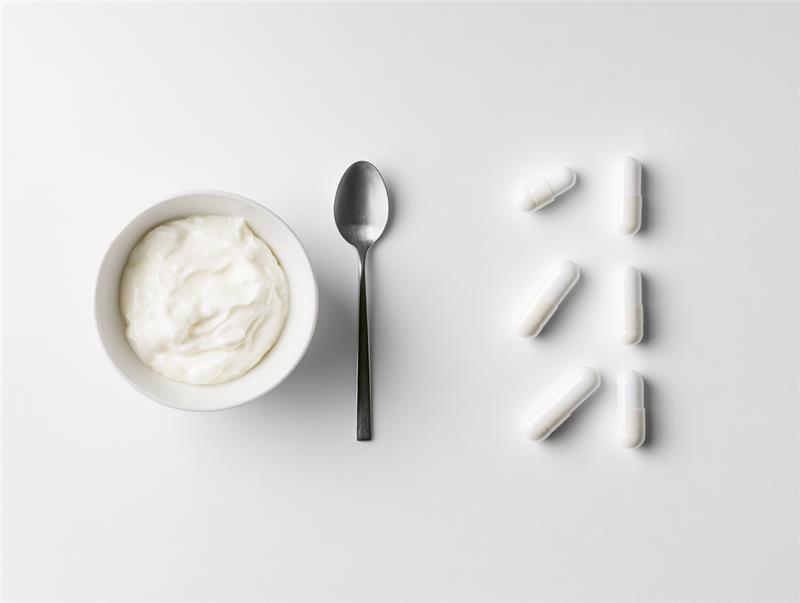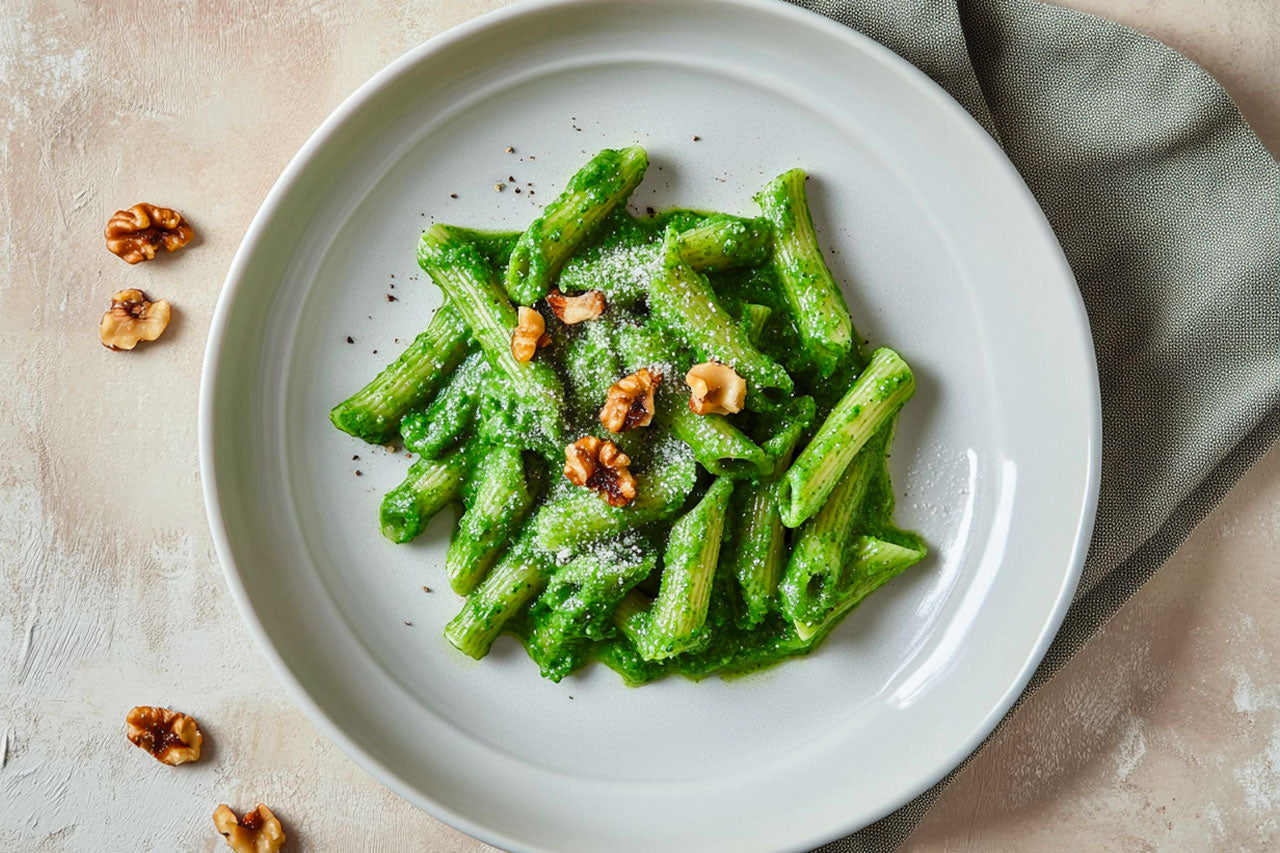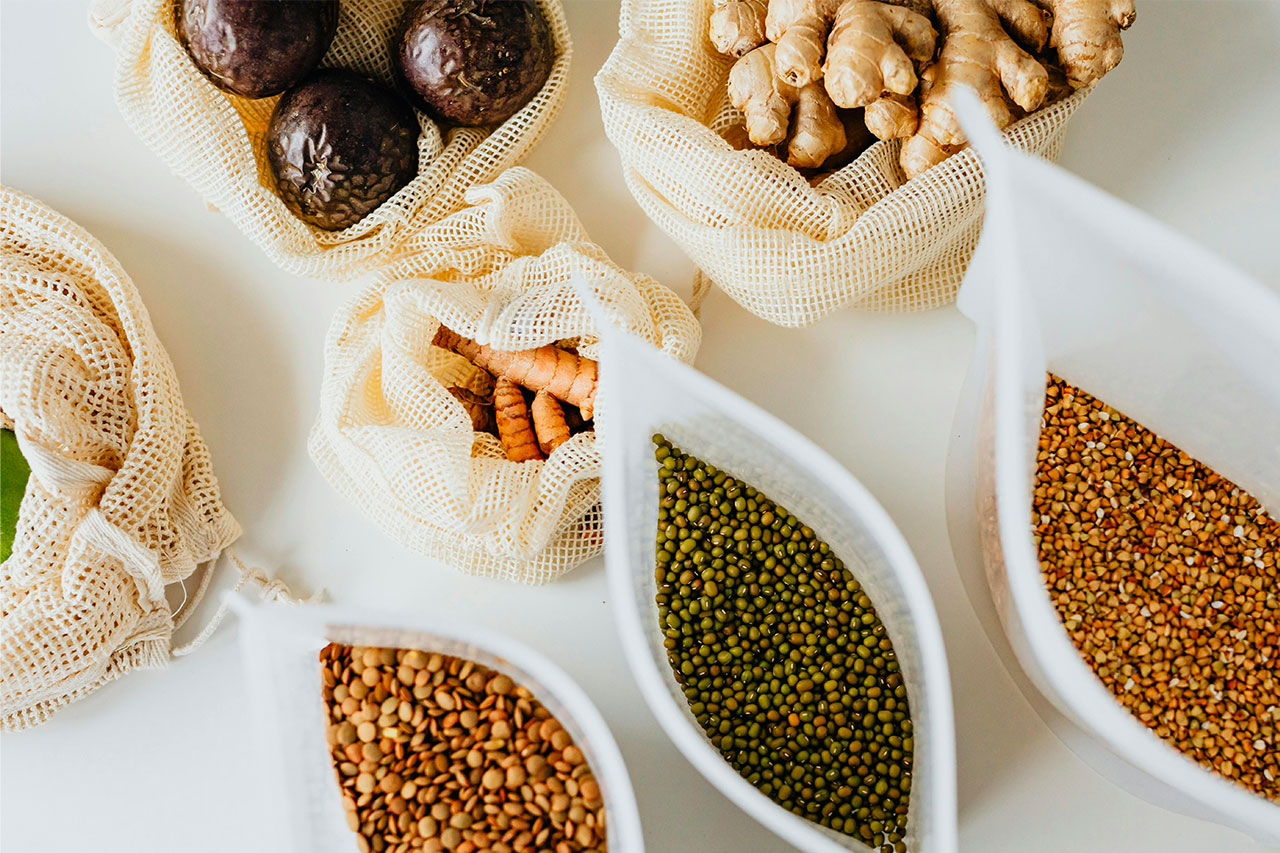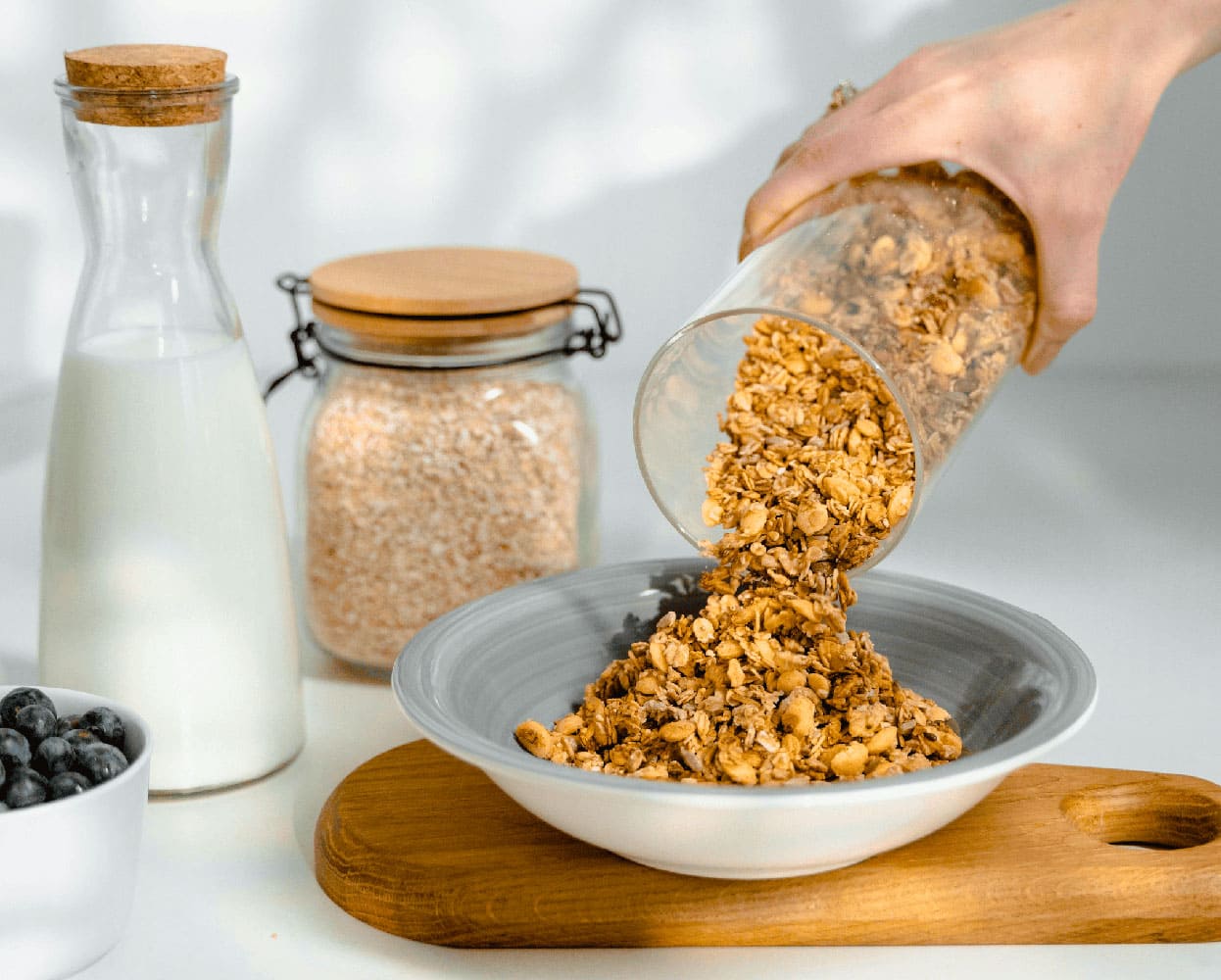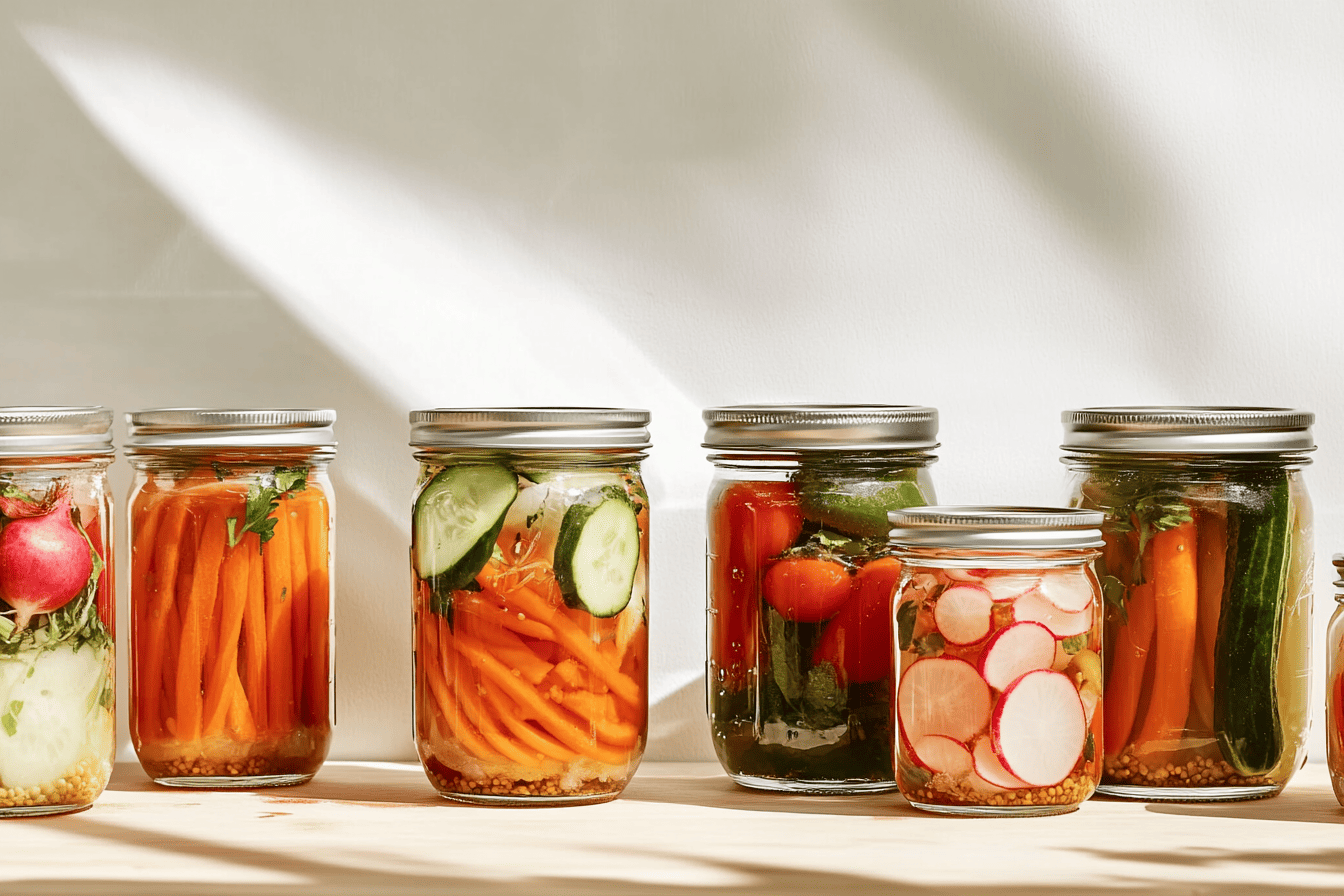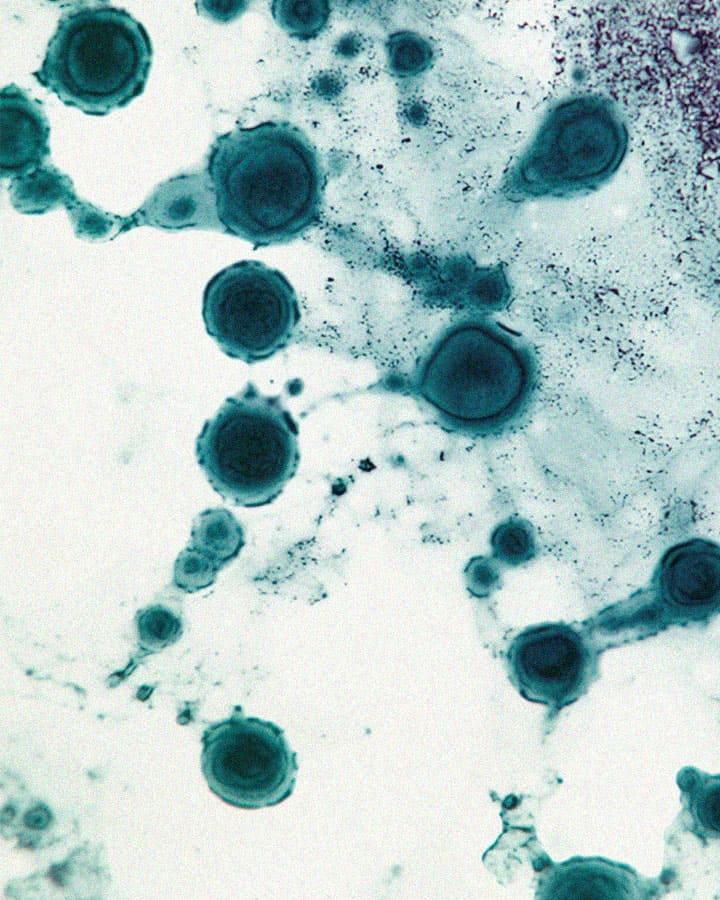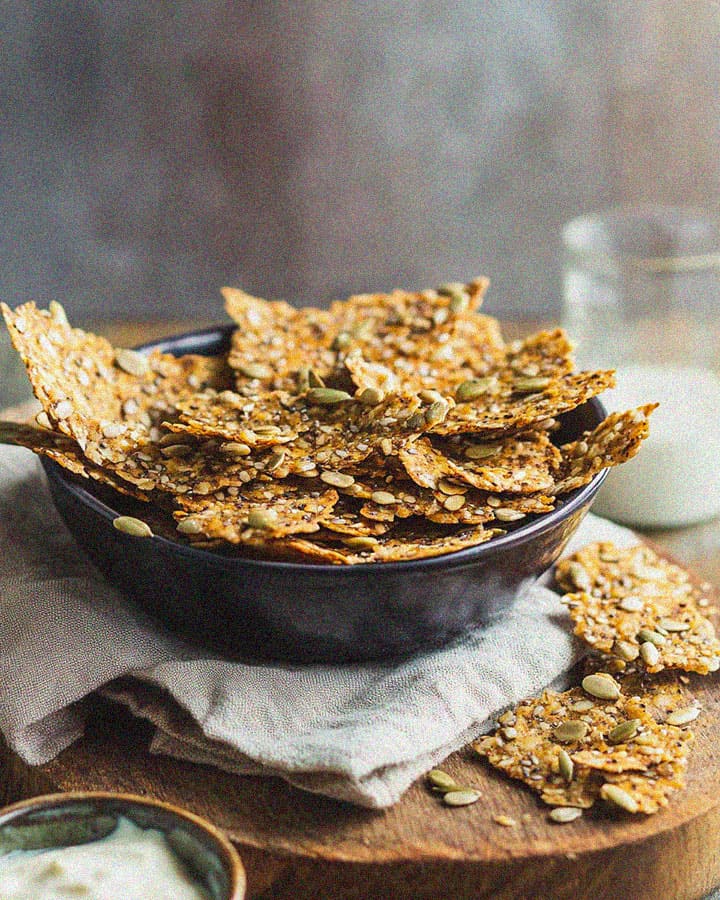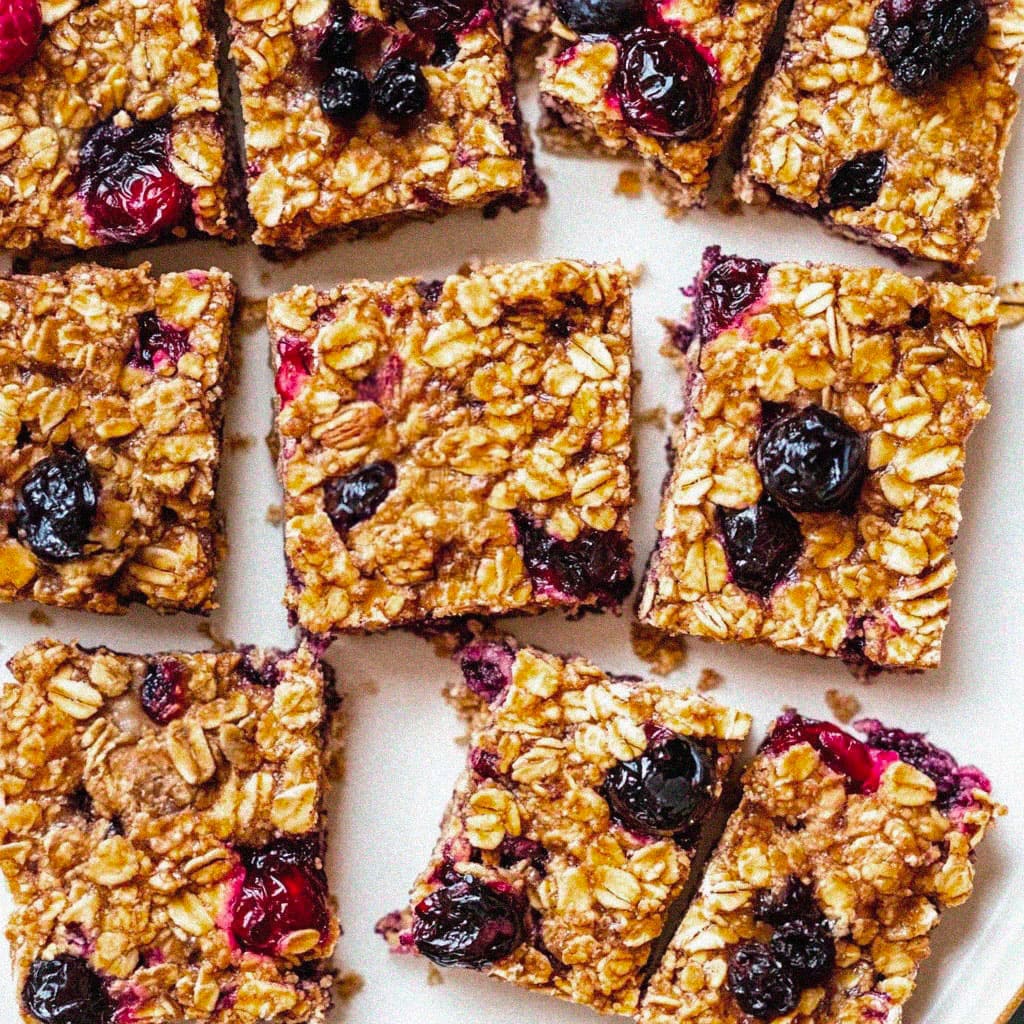1) Cow’s Milk
Cow’s milk is nutrient-rich, supplying protein, calcium, potassium, and essential vitamins. It’s available in whole, reduced-fat, low-fat, and fat-free options, and is often fortified with vitamin D.
Whole milk (1 cup / 240 ml):¹
- 149 calories
- 8 g protein
- 12 g sugar
- 11.7 g fat
- 300 mg calcium
- 366 mg potassium
- 0 g fiber
Reduced-fat milk (2%, 1 cup):
- 122 calories
- 8.2 g protein
- 11.9 g sugar
- 4.6 g fat
- 307 mg calcium
- 388 mg potassium
- 0 g fiber
Cow’s milk has been consumed for around 8,000–10,000 years, first in the Middle East and South Asia before spreading across Europe, Asia, and Africa.² Historically, it was more often turned into cheese, butter, or yogurt because fresh milk spoiled quickly. Today, it’s usually pasteurized to kill harmful bacteria, though raw milk remains available with higher health risks.
Upsides: affordable, widely accessible, versatile, and satiating (especially whole milk).
Downsides: lactose intolerance, milk-protein allergies (especially in children), and higher saturated fat than most plant milks; there are also ethical and environmental concerns.
2) Lactose-Free Cow’s Milk
Made by filtering cow’s milk to remove lactose, then adding the enzyme lactase. The result tastes very similar to regular milk but slightly sweeter, as lactose is broken down into glucose and galactose.³
Whole lactose-free milk (1 cup):¹
- 149 calories
- 8 g protein
- 11.7 g sugar
- 7.8 g fat
- 300 mg calcium
- 366 mg potassium
- 0 g fiber
Nutritionally, it mirrors cow’s milk and suits people with lactose intolerance.
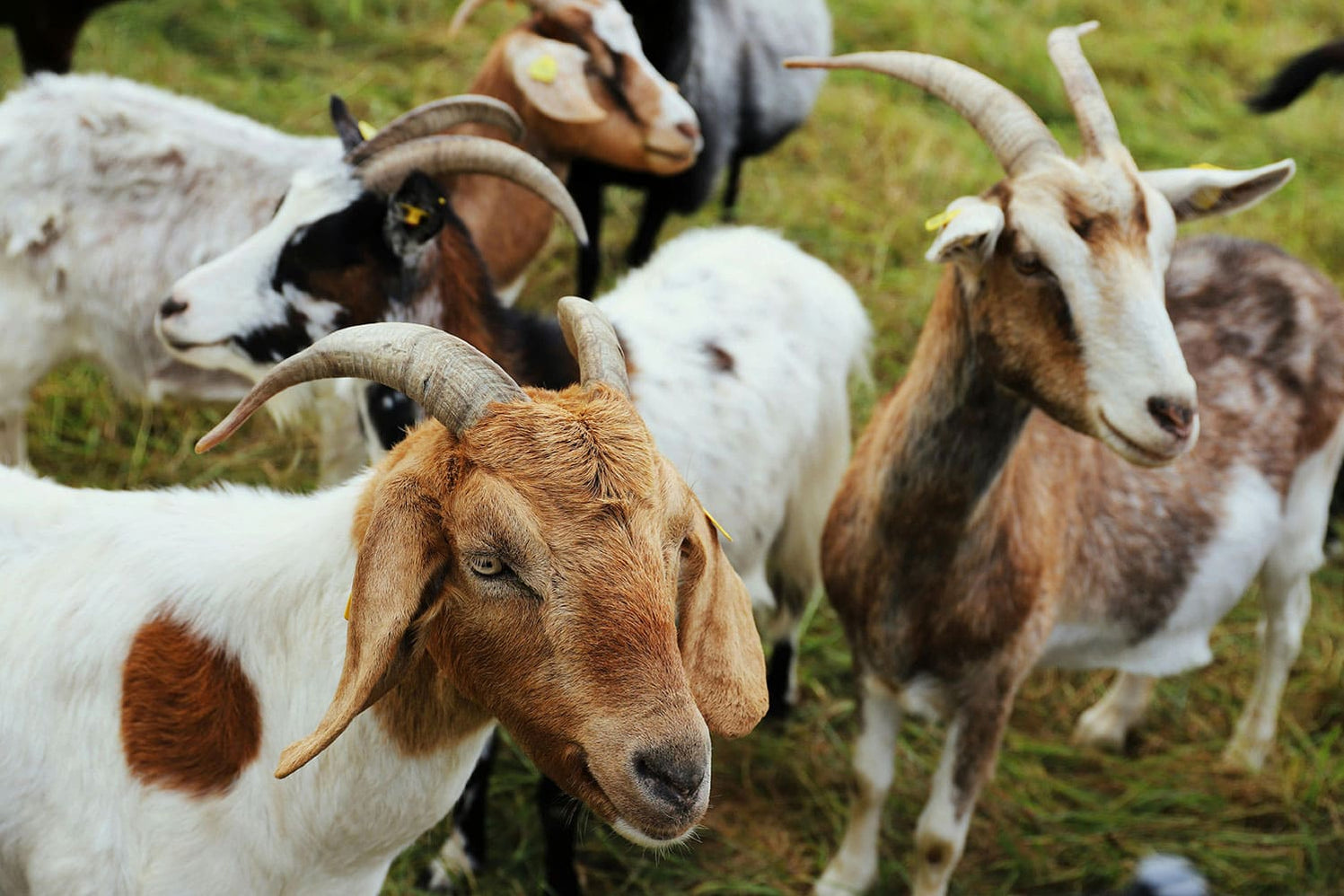
4) Lait de chèvre
Goat’s milk has a creamier, tangier, more “earthy” flavor than cow’s milk. It’s often easier to digest for some, due to smaller fat globules and a slightly different protein structure.
Goat’s milk (1 cup): USDA FoodData¹
- 168 calories
- 8.7 g protein
- 10.9 g sugar
- 10.1 g fat
- 327 mg calcium
- 498 mg potassium
- 0 g fiber
Goat domestication dates back over 10,000 years in the Middle East.⁴ Goat’s milk can provide slightly higher calcium, potassium, and vitamin A than cow’s milk.⁵ Some who are sensitive to cow’s milk tolerate goat’s milk better, but it’s not safe for those with a true milk-protein allergy, and it still contains lactose.
Drawbacks: Higher cost, lower availability.
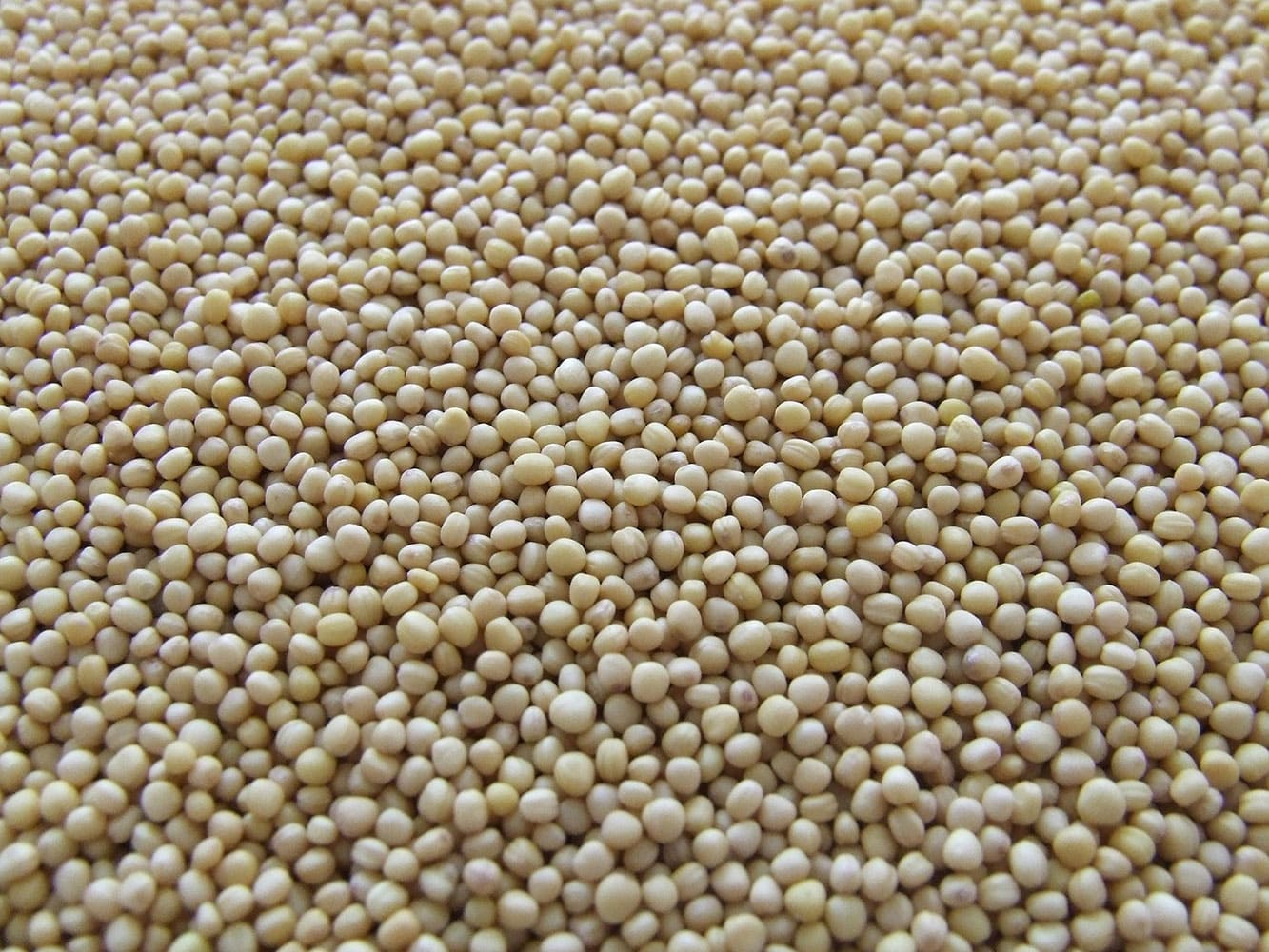
4) Soy Milk
Made from soaked and ground soybeans, soy milk has a creamy texture and a slightly nutty or “beany” taste. It’s one of the closest plant-based substitutes to cow’s milk in protein content. Commercial versions are often fortified with calcium, vitamin D, and B12.
Unsweetened soy milk (1 cup): ¹
- 93 calories
- 8.7 g protein
- 1.4 g sugar
- 5.2 g fat
- ~246 mg calcium (varies by brand)
- ~386 mg potassium
- <1.1 g fiber
Soy milk originated in China over 2,000 years ago, likely as a byproduct of tofu making.⁶ It’s protein-rich, naturally cholesterol-free, and lower in fat; fortified versions add key nutrients for vegan diets, and isoflavones may support heart and bone health.
Watch out: many store options add sugars, flavors, oils, or thickeners. Choose unsweetened, fortified versions.
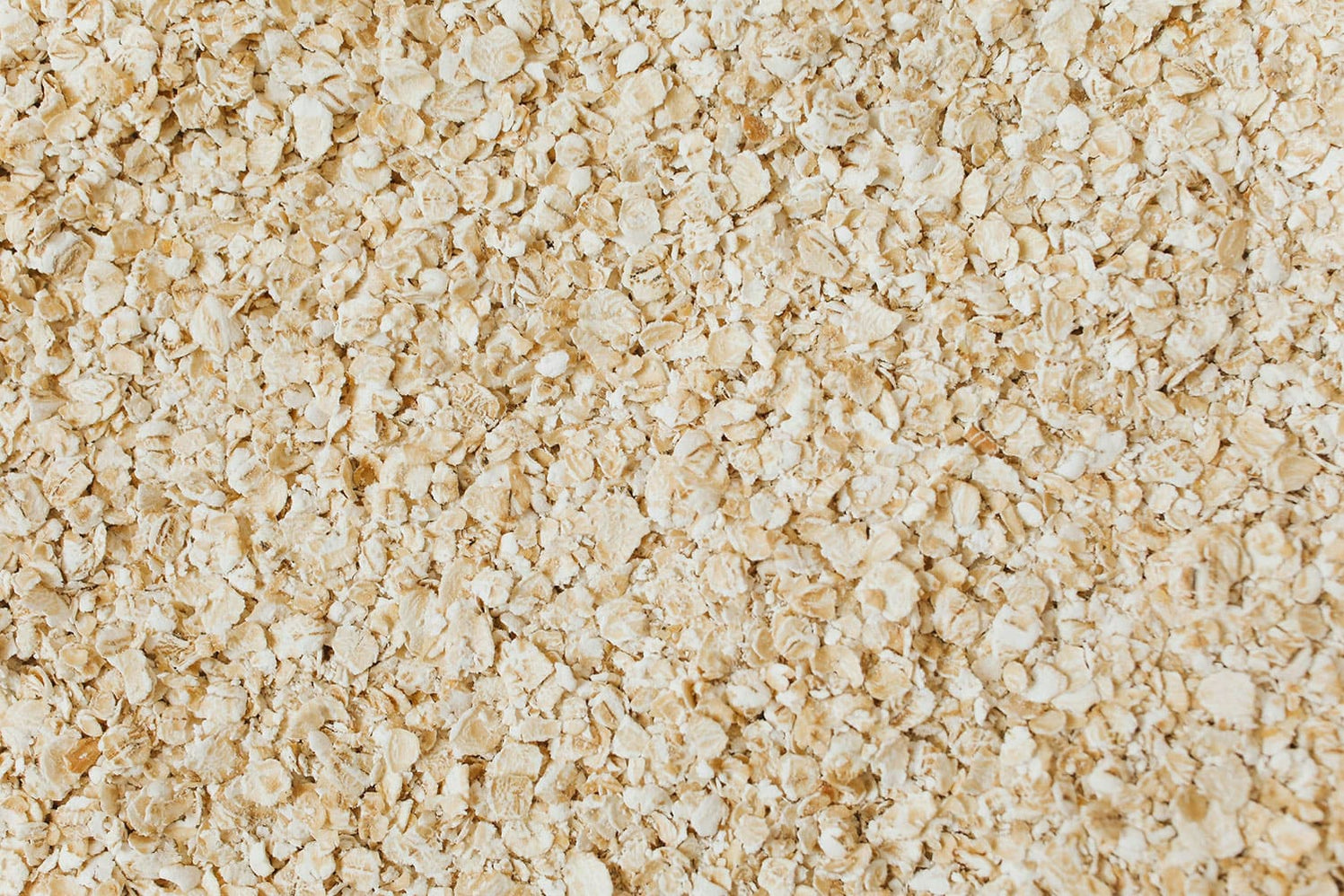
5) Oat Milk
Oat milk has a mild sweetness and creamy, cereal-like flavor. It froths well, making it popular in coffee.
Unsweetened oat milk (1 cup): USDA FoodData¹
- 120 calories
- 2 g protein
- 5.8 g sugar
- 6.8 g fat
- ~369 mg calcium
- ~369 mg potassium
- <1.8 g fiber
Developed in the 1990s in Sweden by food scientist Rickard Öste, who later founded Oatly.⁷ It surged in popularity from the mid-2010s, especially in coffee culture.
Upsides: more fiber than most plant milks; often fortified.
Downsides: low protein; higher carbs/sugars; often includes added oils/stabilizers.
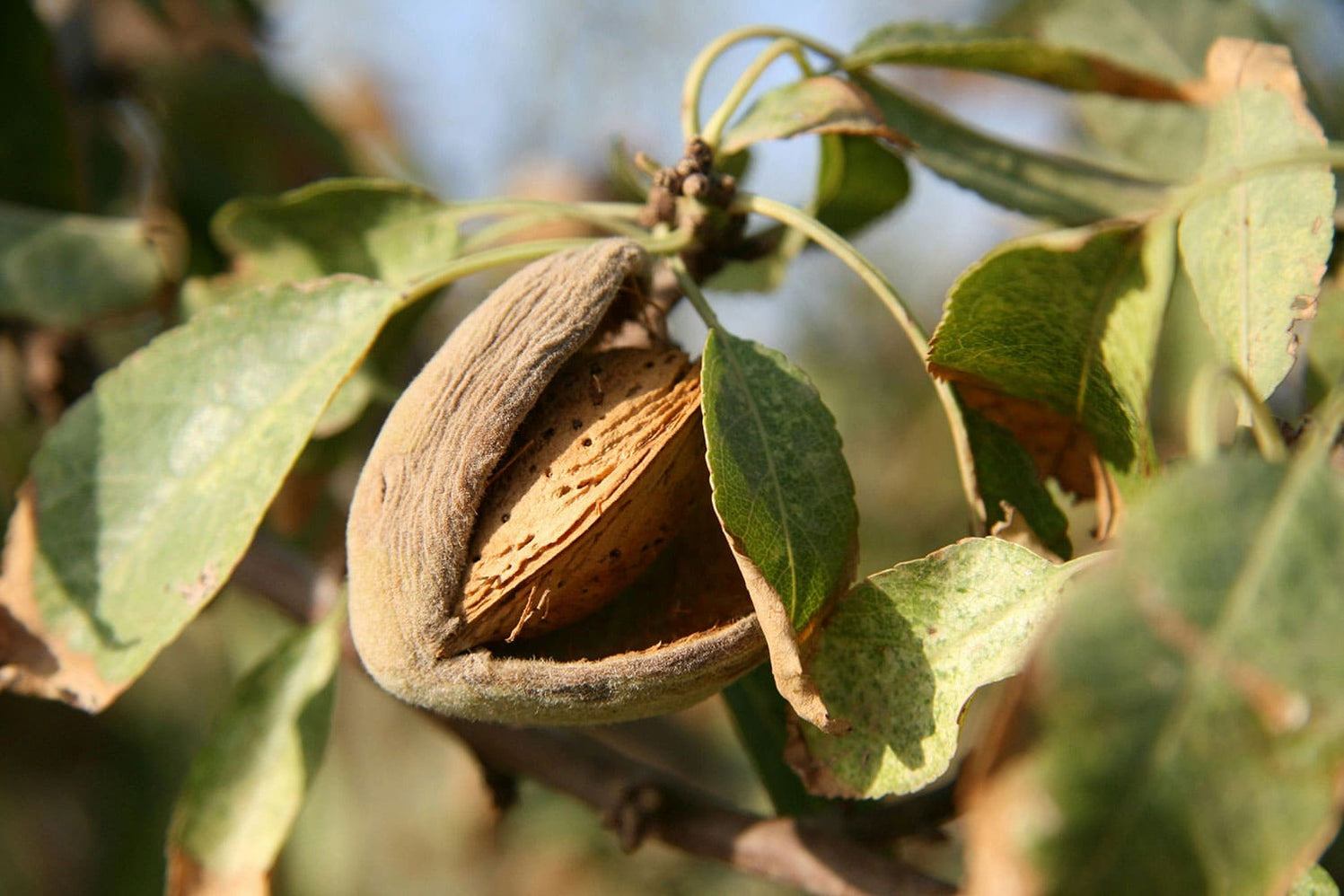
6) Almond Milk
Almond milk is light, mildly nutty, and naturally low in calories and carbs.
Unsweetened almond milk (1 cup): ¹
- 37 calories
- 1.3 g protein
- 0 g sugar
- 3 g fat
- ~422 mg calcium
- ~76 mg potassium
- <1.1 g fiber
It was widely used across medieval Europe and the Middle East, especially during fasting, because it kept longer than fresh dairy.⁸
Upsides: rich in vitamin E, low-carb, smaller carbon footprint than dairy; commonly fortified.
Downsides: low protein; many supermarket versions add sugar, gums, or stabilizers, look for unsweetened, simple ingredients.
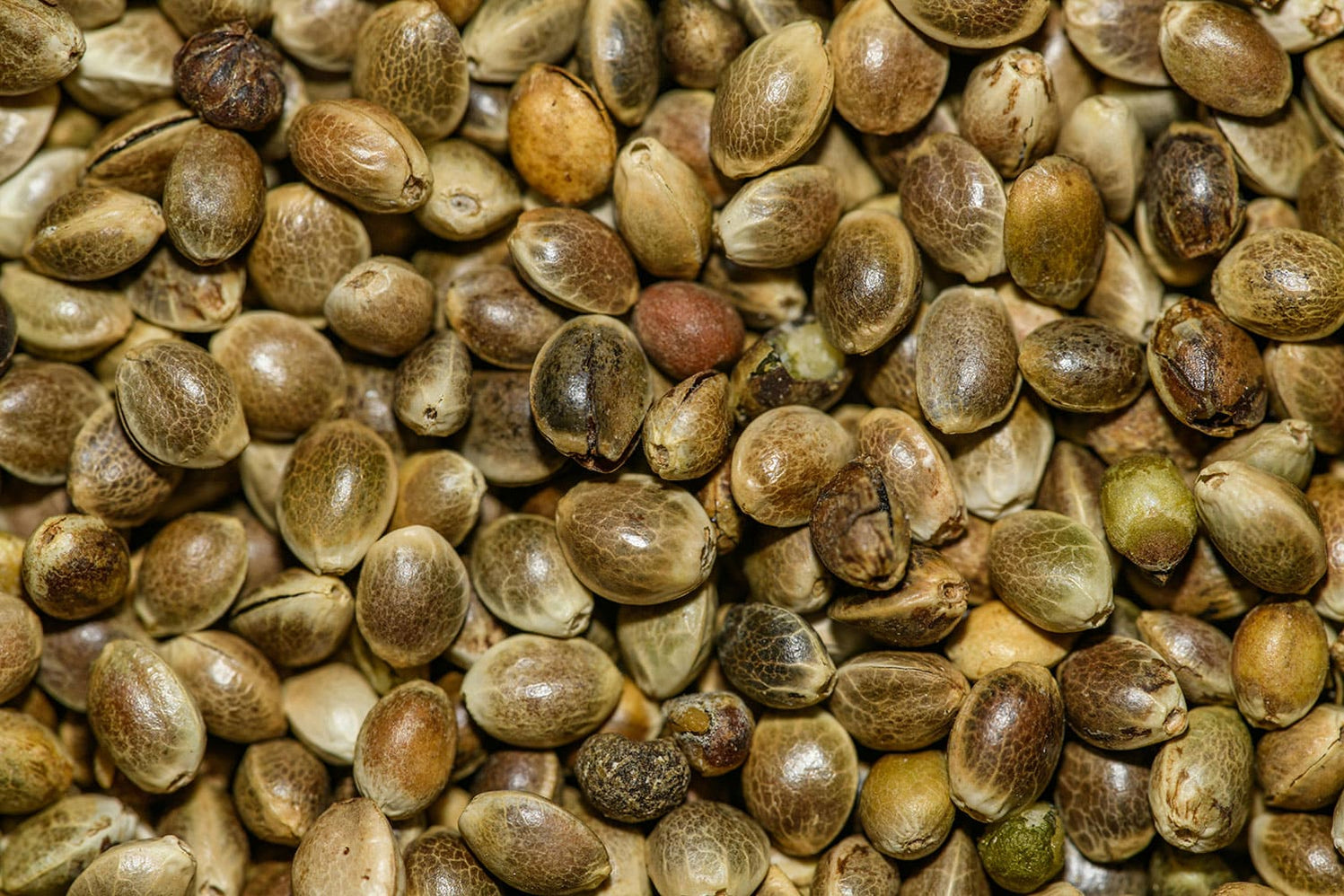
7) Hemp Milk
Produced by soaking and blending hemp seeds; flavor is nutty with a grassy undertone.
Plain hemp milk (1 cup): USDA FoodData¹
- 60 calories
- 3 g protein
- 0 g sugar
- 4.5 g fat
- ~283 mg calcium
- ~101 mg potassium
- 0 g fiber
Modern hemp milk appeared in the late 1990s–2000s in North America and Europe as interest in dairy alternatives grew and industrial hemp laws loosened.⁹ ¹⁰
Benefits: provides omega-3 and omega-6 fatty acids; free from lactose/gluten/soy; moderate protein; lighter environmental footprint than some crops.
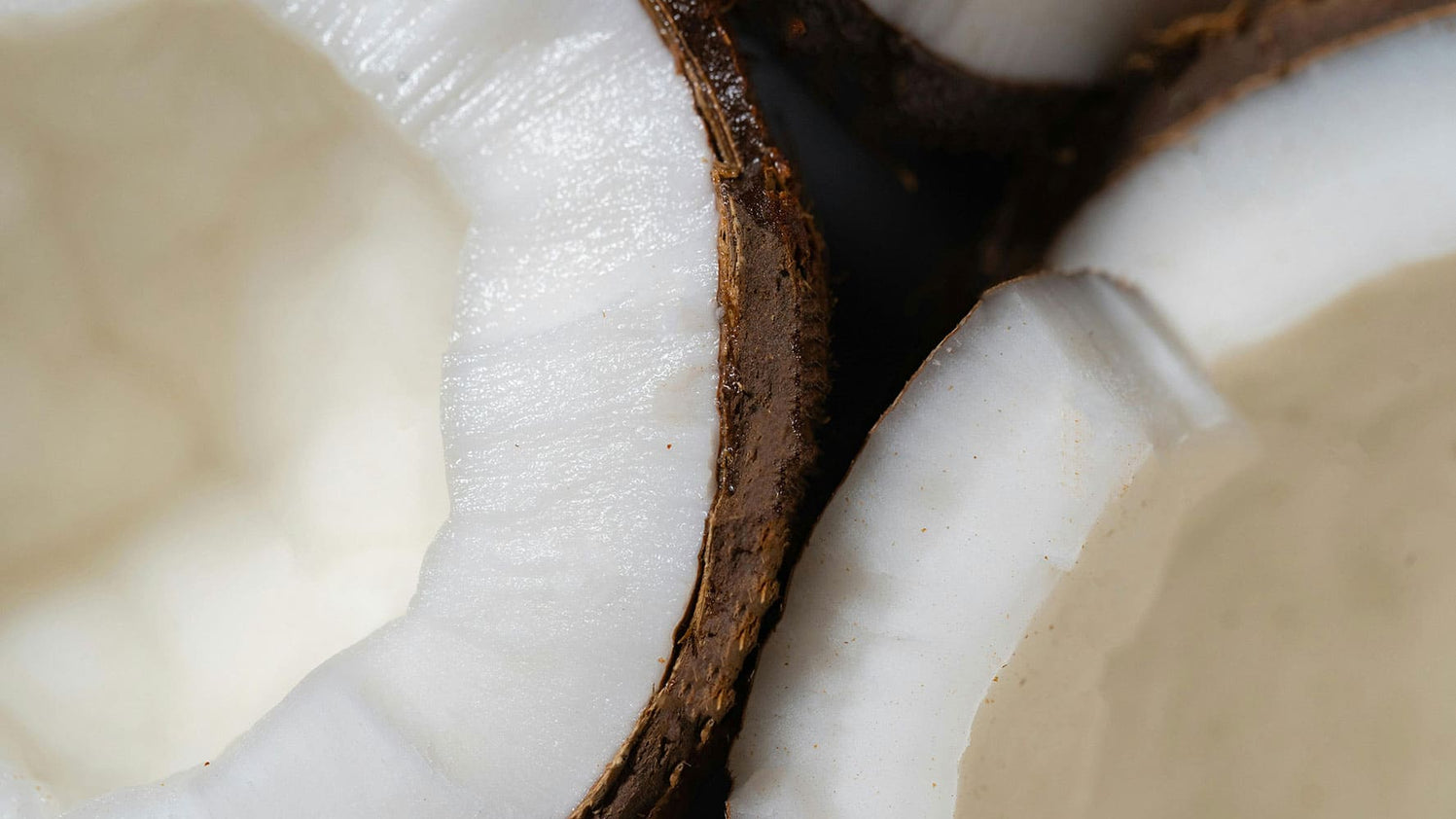
8) Coconut Milk
Made by blending coconut flesh with water; smooth, naturally sweet, and widely used in cooking, smoothies, and desserts.
Plain coconut milk (1 cup): USDA FoodData¹
- 76 calories
- 0.5 g protein
- 6.1 g sugar
- 5 g fat
- ~459 mg calcium
- ~46 mg potassium
- 0 g fiber
A staple for centuries in South and Southeast Asia.⁶
Upsides: creamy, allergen-friendly, fits vegan/paleo diets.
Downsides: very low protein, often higher in saturated fat; commercial versions commonly use stabilizers.
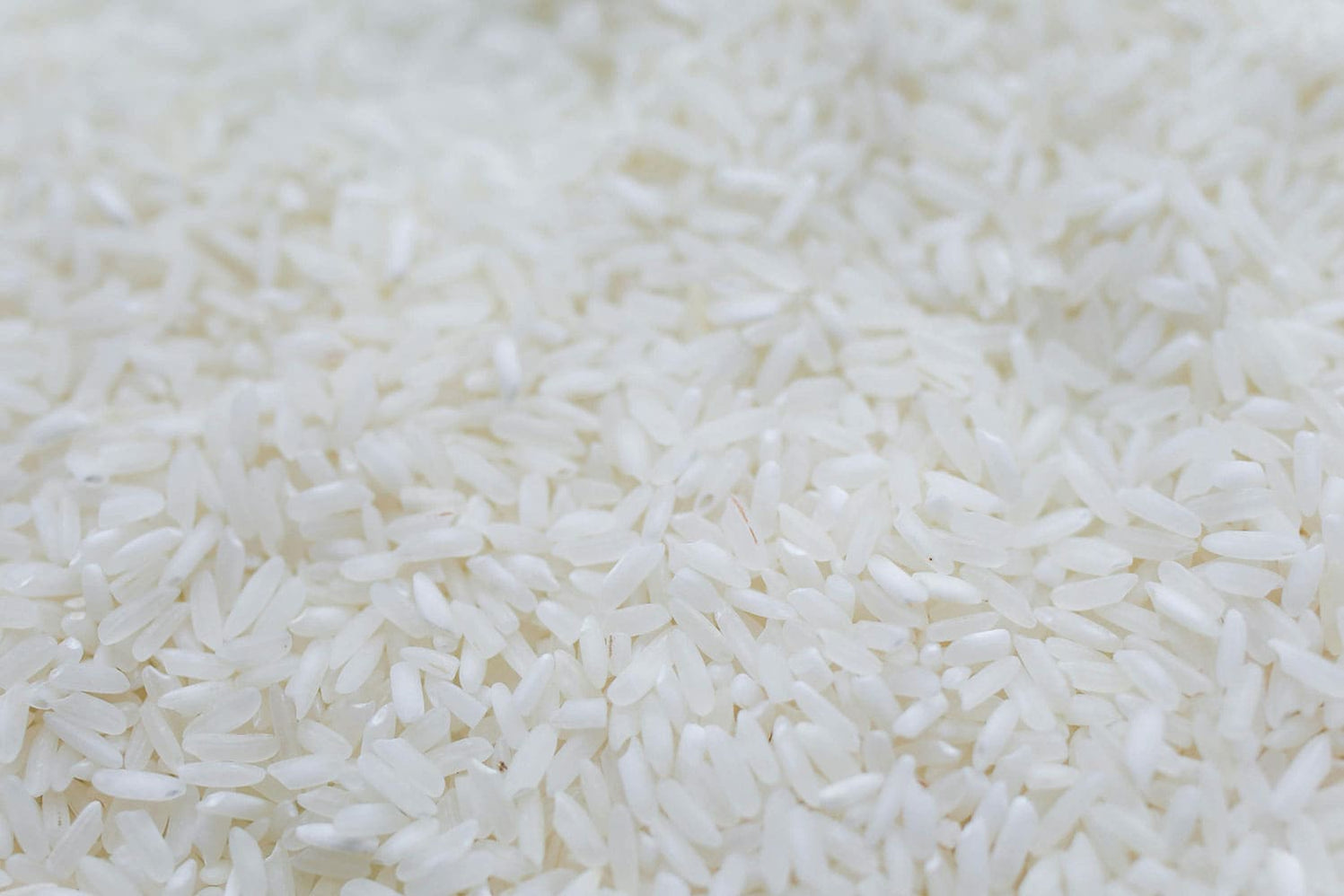
9) Rice Milk
Rice milk is naturally sweet, light, and often well-tolerated by children and those with multiple allergies.
Plain rice milk (1 cup): ¹
- 115 calories
- 0.7 g protein
- 12.9 g sugar
- 2.4 g fat
- ~288 mg calcium
- ~66 mg potassium
- 0.7 g fiber
It grew with late-20th-century health-food movements.¹¹
Pros: highly allergy-friendly; usually fortified; gentle flavor. Cons: very low protein; higher sugars/carbs that may spike blood glucose.
Milk, Fermentation, and Gut Health
In their natural state, cow’s, lactose-free, and plant-based milks are not fermented.
The Power of Fermented Milk
Research shows fermented dairy products like kefir, yogurt, and cultured buttermilk introduce billions of live probiotics that can help balance the gut microbiome, supporting digestion, immunity, nutrient absorption, and even aspects of mental well-being.¹²
The Problem with Traditional Options
Most fermented milks are dairy-based, excluding many people who are lactose-intolerant, allergic to dairy proteins, or following a plant-based lifestyle.¹²
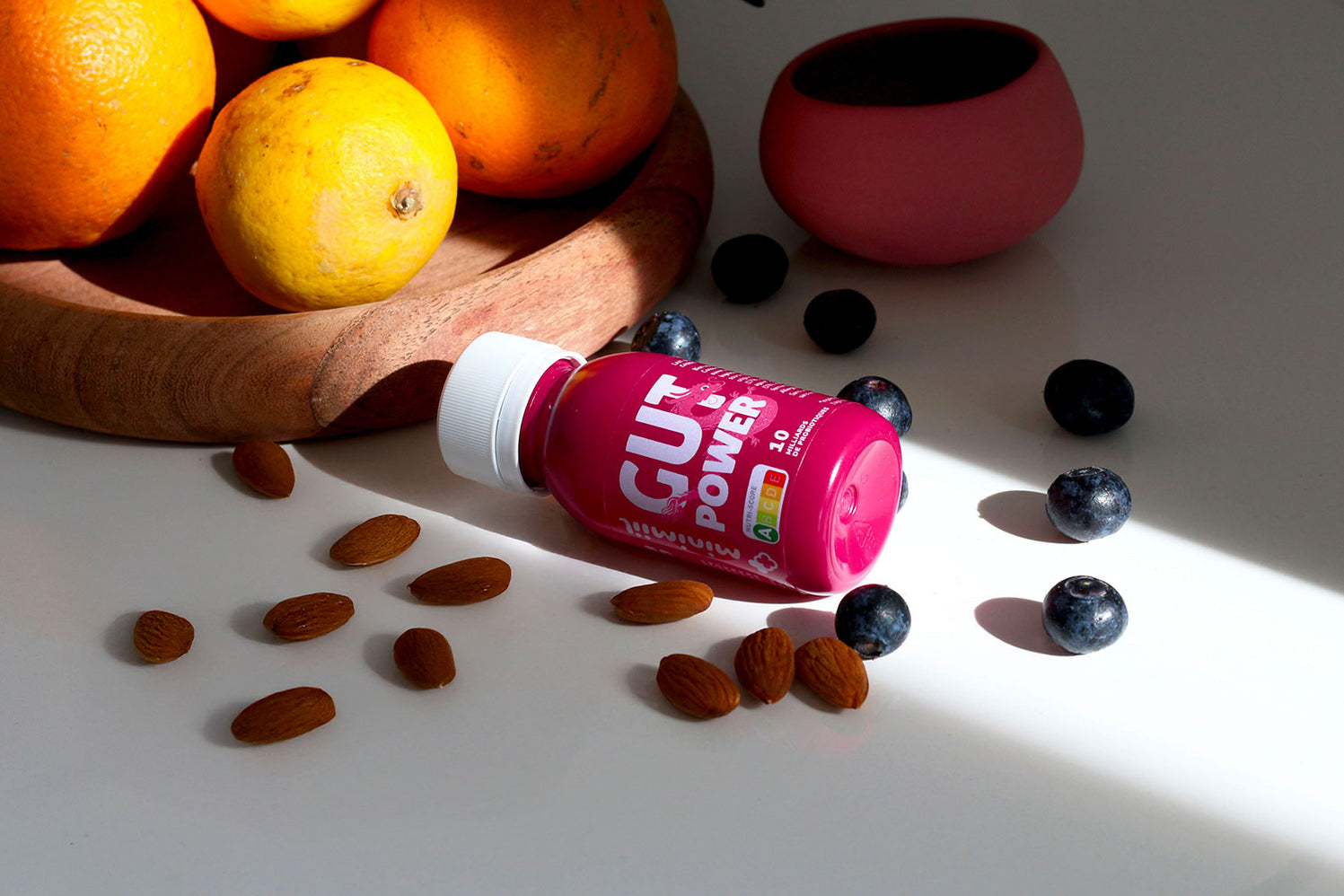
minimiil: A New Solution for Dairy-Free Gut Health
That’s where minimiil comes in: the first fermented almond milk, essentially, an almond kefir. It delivers the gut-health benefits of fermentation, without the cow.
Why minimiil Stands Out
- Billions of live probiotics to nurture and balance kids’ gut microbiome
- 100% plant-based and dairy-free (suitable for lactose-intolerant, allergic, or plant-based families)
- Nutritious: almonds provide calcium, vitamin E, and healthy fats
- Fortified with vitamin D (from lichen) and natural almond calcium to support growth and immunity
- Crafted with chefs and nutrition experts
- Sustainable and responsible sourcing of plant-based ingredients
